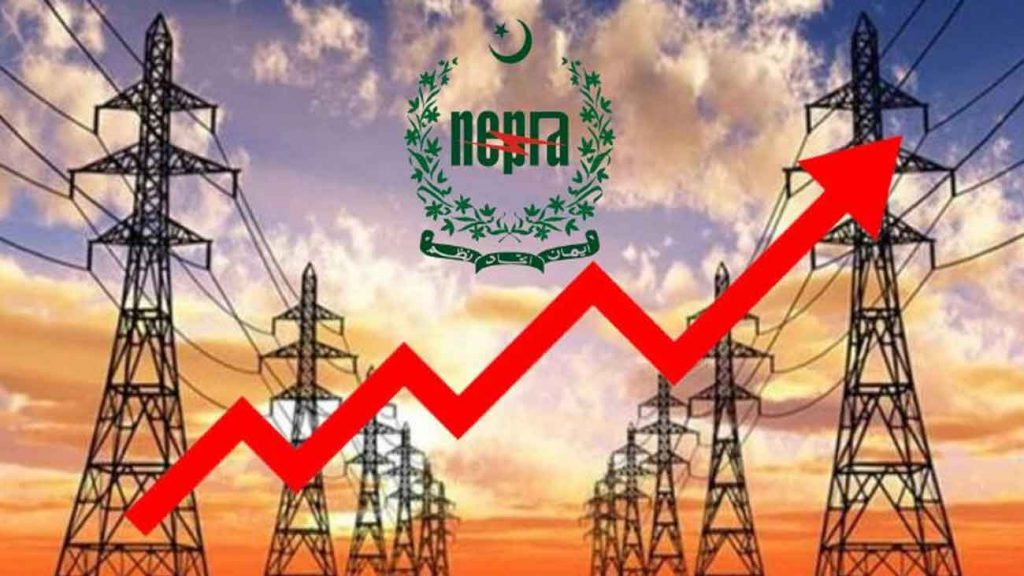Editorial
Pakistan is at a critical juncture, where the urgency to address environmental threats is matched only by the potential for transformative sustainable development. Pakistan’s vulnerabilities, accentuated by geographical factors and dependence on climate-sensitive sectors, place it at the frontline of a battle against rising temperatures, shifting precipitation patterns, and glacial melt.
The frequency and intensity of extreme weather events, including floods, droughts, and heat waves, are on the rise. Over the past decade, the country has witnessed a surge in these calamities, leading to the loss of lives, displacement of communities, and extensive damage to infrastructure. The economic toll is substantial, with estimates suggesting that the economic cost of climate-related disasters in Pakistan has averaged around $3.8 billion annually. Coastal areas, particularly vulnerable to storm surges and sea-level rise, face additional risks, exacerbating the challenges faced by communities along the coast.
Subscribe to the monthly magazines of republicpolicy.com
Pakistan’s mountainous regions, home to crucial glaciers, are experiencing a concerning retreat. The melting of glaciers, a consequence of global warming, not only contributes to variability in river flows but also poses risks of glacial lake outburst floods (GLOFs), impacting downstream communities. Data indicates that the glaciers in the Hindu Kush Himalayan region, which includes parts of Pakistan, are retreating at an alarming rate each year. This retreat not only threatens freshwater resources but also endangers the delicate balance of ecosystems dependent on glacial melt.
As temperature and precipitation patterns shift, so does the distribution of disease vectors. Pakistan is witnessing a rise in vector-borne diseases, such as malaria and dengue, as changing climatic conditions create favourable environments for their spread. This places an additional burden on healthcare systems already grappling with various challenges.
Therefore, the government must prioritize the climate challenges in Pakistan and develop a holistic approach at national, provincial and local levels through governmental and social organizations to mitigate the effects of climate change and develop and grow accordingly.
Please, subscribe to the YouTube channel of republicpolicy.com

















































